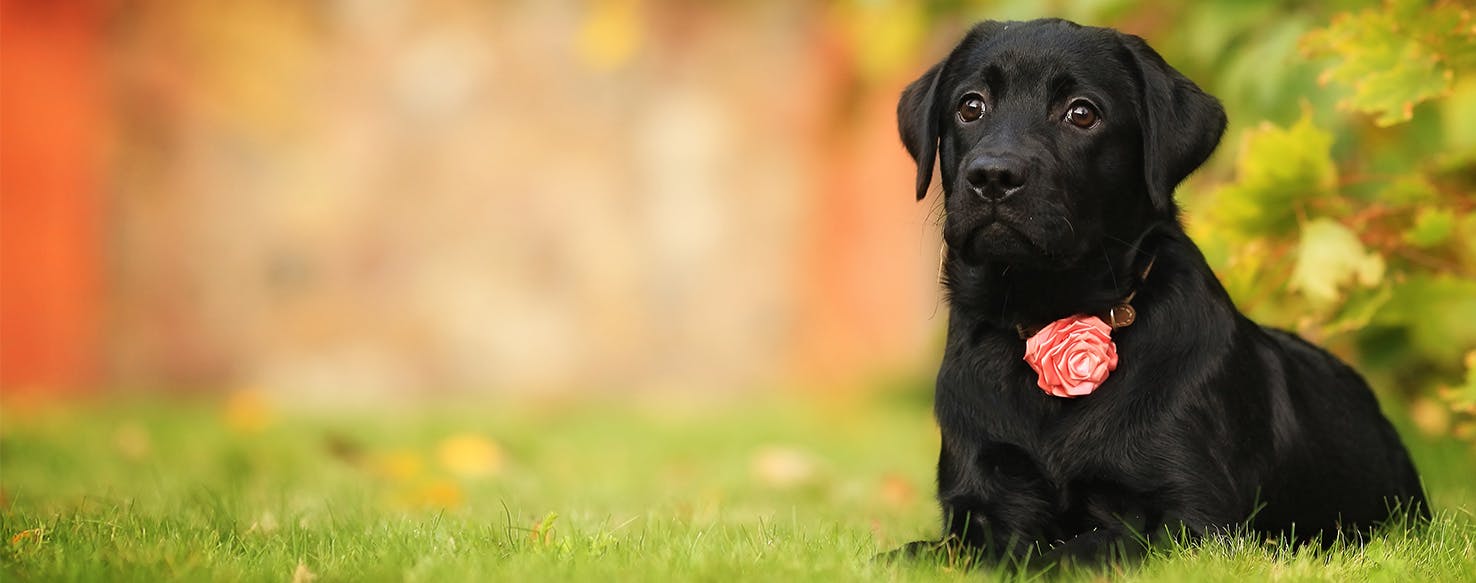- Home
- The Daily Wag!
- Senses
- Can Dogs Smell The Death Of Another Dog?

There is still is no general consensus as to whether dogs can feel another's death and understand grief. Although still a controversial issue, there have been several such moments captured throughout the years that have made us question whether dogs can comprehend death. For instance, people have observed dogs covering their loved ones with blankets.
No matter what you believe, there will likely be behavioral changes in your pooch after a partner in crime passes away. These behavioral changes will often be minor and brief, but it is important to be able to identify these changes so that you can help your dog cope with any loss.
No two dogs are the same, so it may be hard to know what your dog might do if he or she is grieving the loss of another household pup. And because dogs cannot tell how they feel, there is no general agreement as to whether dogs understand the death of another dog. Many owners and dog experts are able to identify changes in behavior when a death occurs. Other people believe that how your dog feels depends on the intensity of their relationship with their loved one, and the emotions us humans may express over a death.
However, when two dogs are socially bonded together, there will more often be signs of depression in the surviving dog. There are some common signs you can look for: Sad, grieving dogs tend to show some of the same behaviors us humans express when we are grieving.
Signs of loss of appetite, lower water intake, and irregular sleeping patterns are not uncommon. Dogs can also can appear withdrawn and lose interest in going for walks or normal play. Other dogs may become disoriented, or even wait by the door in hopes that the other dog will return. In some instances, these signs of grief can increase gradually over a few weeks. In these extreme cases, it is best to play it safe and bring your pup to the vet. This way, your veterinarian can rule out any signs of actual illness, which a dog can develop due to the physical symptoms of mourning mentioned above.
However, some dogs may not show signs of mourning at all. It all depends on the personality of the dog.
Body Language
Signs of grief may include:
- Lack Of Focus
- Dropped Ears
- Sleepiness
Other Signs
Some other signs of grief may include:
- Anxiety
- Wondering The Home, Looking For The Other Dog
- Loss Of Appetite
- Loss Of Interest In Play
The beginnings of intimate bonding between humans and dogs date back some 15,000 years when early domestication began. After thousands of years roaming the Earth together, dogs' and humans' ability to understand and observe each other's body language and feelings have grown more comprehensive.
Research shows that although dogs are able to comfort people by sniffing out some cancers, it's often about body language. Similarly, dogs can recognize when fellow pups aren't doing well either, whether a smell changes or the other dog is moving less.
Dogs have the ability to feel fear, happiness, sadness, and anger. And just as humans do, dogs feel grief as well. Dr. Sophia Yin, an animal behaviorist and veterinarian, suggests that grieving dogs may show similar signs to when they're separated for long periods of time from the people they're bonded to. It is also understood that certain animals, like wolves for example, will somehow announce their imminent death to the pack. Animal behavioralists, believe that this may help prevent passing disease to the rest of the pack, signaling that it is better to stay back.
Further, pheromones are chemical secretions that members of the same species can sense and respond to in a social aspect. For instance, sex pheromones signal that the animal is in heat. Necromones are a type of pheromone discharged from dying or decaying animals. Researchers believe that dogs can identify necromones in sick people and animals.
Keep Routine
One of the best things you can do for your dog is to keep life as normal as possible. Changes in your behavior and routines after the death of a dog can stress out your surviving dog, as dogs tend to be very intune with human emotions. Whether or not your pup feels grief, changes in daily routine can stress any dog out. Routine is key, so keep wake up times, daily walks, and meals timely. It is also helpful to give your furry friend plenty of attention with cuddles and games. If you pup has lost interest in food, try offering some of your pup's favorite foods and the occasional treat.
Don't Get a New Dog Immediately
Although dogs adjust well and may, in fact, be happier with another dog in the household, don't assume another dog is the answer to your problems. Many dogs are perfectly happy to live with just humans. However, if you do get another dog, don't rush. Be sure to work out any current behavior problems with your current dog so that your pup doesn't teach its bad habits to any new dogs.
Remember that grief takes time, and although grief may stick with your dog, just like us humans do, your pup will have to keep going. It just doesn't hurt to make it a little bit easier.
Have questions or concerns about your pet?
Chat with a veterinary professional in the Wag! app 24/7.
Get Vet ChatWritten by Olivia Gerth
Veterinary reviewed by:
Published: 04/04/2018, edited: 04/06/2020
More articles by Olivia Gerth
